Tuesday, May 14, 2024
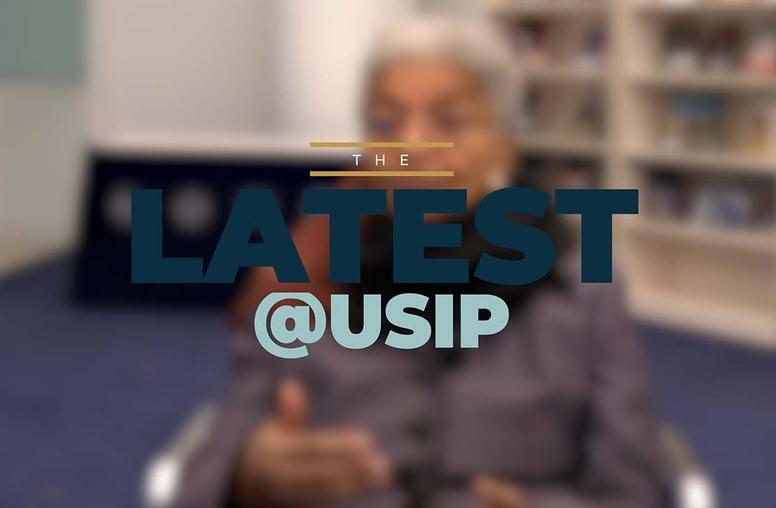
The Latest @ USIP: Ellen Johnson Sirleaf on Women’s Inclusion in African Leadership
Nobel Peace Prize winner and former President of Liberia Ellen Johnson Sirleaf discusses the inspiring persistence of African women in the face of male-dominated societies, the need for women to work collectively across national boundaries, and how African leaders can better promote women’s participation by ensuring gender equality is built into both their policies and practices.
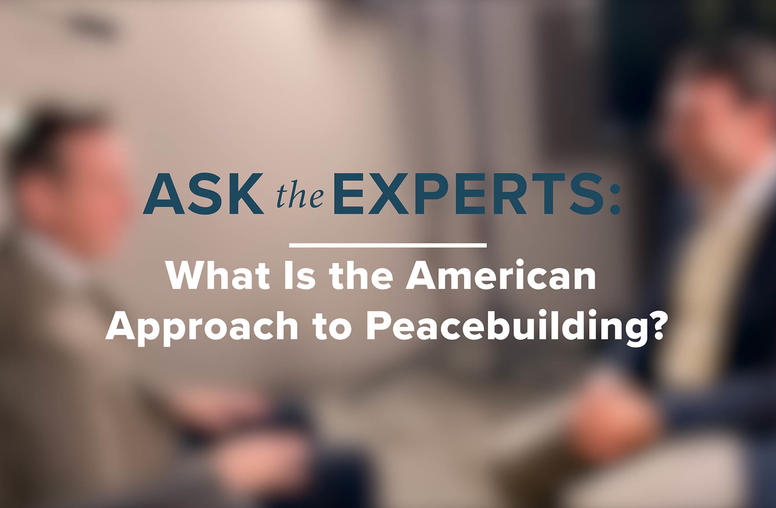
Ask the Experts: What Is the American Approach to Peacebuilding?
The American approach to peacebuilding has deep roots in many of the world’s greatest diplomatic successes. From the creation of a new international rules-based system after World War II to the end of the Cold War, the United States has taken the lead in shaping one of the most peaceful eras in history. USIP’s Andrew Cheatham spoke with Asle Toje, deputy leader of the Norwegian Nobel Committee, to discuss the definition of peace outlined by Alfred Nobel, the role of the United States as a constructive partner in the international community, and examples where “the American way of peace has been much more influential in delivering positive outcomes … than the American way of war.”
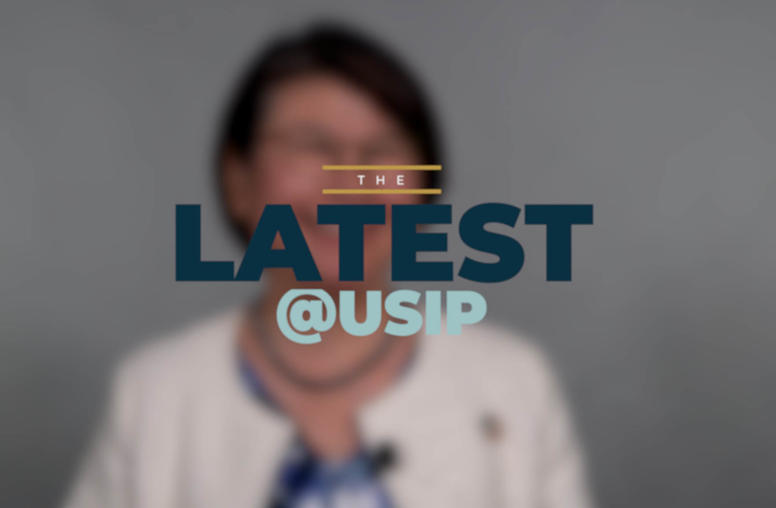
The Latest @ USIP: A New Framework for Global Development and Security
The unprecedented decline in global development and security in recent years has led organizations like the U.N. Development Program (UNDP) to rethink their strategies to address this growing crisis. Asako Okai, assistant U.N. secretary-general and director of the Crisis Bureau at UNDP, explains how UNDP is training the next generation of crisis leaders and implementing their new policy framework for engaging with fragile states — with an eye toward breaking the cycle of fragility, getting ahead of crises before they get worse, and fostering hope.
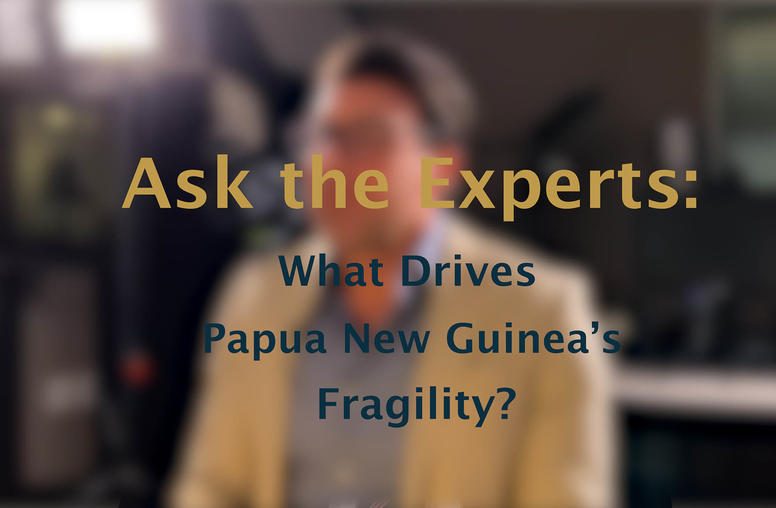
Ask the Experts: What Drives Papua New Guinea’s Fragility?
The island nation of Papua New Guinea (PNG) struggles from a range of factors that exacerbate its fragility, from intercommunal violence to the potential secession of the autonomous Bougainville region to its inability to hold safe and credible elections. Sexual- and gender-based violence against women also runs rampant in the country. While the PNG state is weak and garners little trust from the people, there are critical civil society actors working to address the country’s instability and mitigate violence.
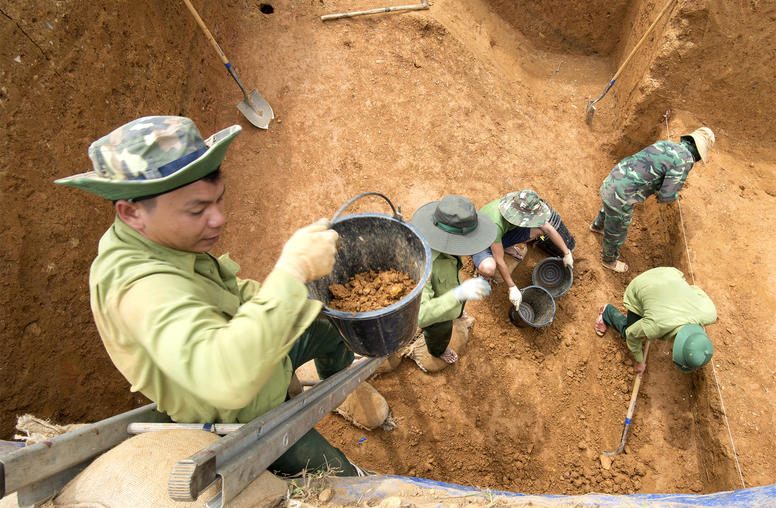
Time is Running Out to Account for Vietnamese War Dead
As the 50th anniversary of the end of the Vietnam War approaches in 2025, Vietnamese families continue to search for the fallen. Finding these war remains not only helps provide closure, but is critical to furthering postwar reconciliation, addressing the war’s legacies and advancing the story of U.S.-Vietnam relations as an example of the practicality and possibility of peace after war.

Thời gian không còn nhiều cho nỗ lực tìm kiếm hài cốt sau chiến tranh
Trong khi Chiến tranh Việt Nam đã lùi xa gần 50 năm (1975-2025), các gia đình Việt vẫn tiếp tục khắc khoải tìm kiếm hài cốt thân nhân nằm xuống trong cuộc chiến. Nỗ lực tìm kiếm này không chỉ giúp khép lại quá khứ, mà còn đóng vai trò quan trọng trong thúc đẩy tiến trình hòa giải, khắc phục hậu quả chiến tranh, và đưa câu chuyện quan hệ Hoa Kỳ-Việt Nam trở thành một điển hình về tính thực tiễn và khả năng xây dựng hòa bình thời hậu chiến. Tuy nhiên, năm tháng đi qua và tạo thêm nhiều thách thức, việc tìm kiếm hài cốt ngày càng trở nên khó khăn.
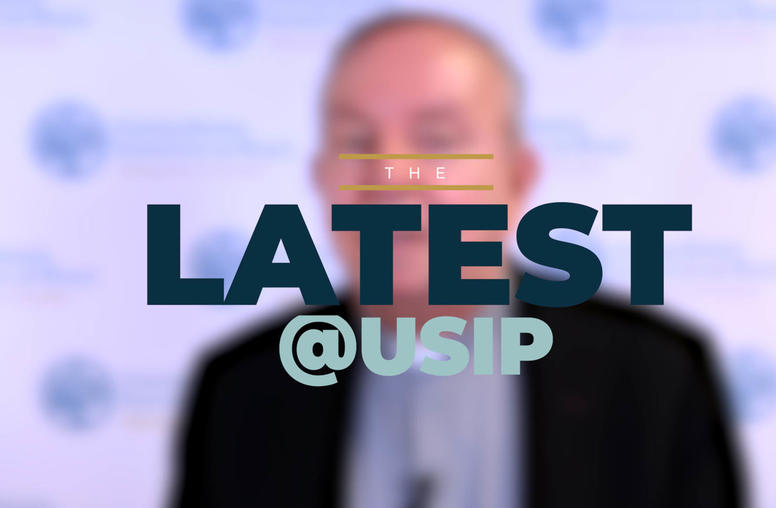
The Latest @ USIP: Resurgent Efforts in Colombia’s Peace Process
Newly elected Colombian President Gustavo Petro has made “total peace” a cornerstone of his agenda, looking to jump-start implementation of the 2016 FARC peace agreement and establish negotiations with the ELN and various other armed groups. Monsignor Hector Fabio Henao, who serves as a delegate of the Episcopal Conference of Colombia for relations between the Catholic Church and the Colombian government, discusses how the Church is working at the grassroots level to address the humanitarian situation in conflict-affected areas and efforts to build consensus among civil society and government officials regarding next steps in the peace process.

The Latest @ USIP: What’s at Stake in Nigeria’s Elections?
Mahmood Yakubu, the chairman of Nigeria’s Independent National Electoral Commission, discusses how his team is working to ensure free, fair and credible elections — as well as why the support of young people and political leaders is crucial for maintaining the longest period of uninterrupted democratic governance in the Nigeria’s history.
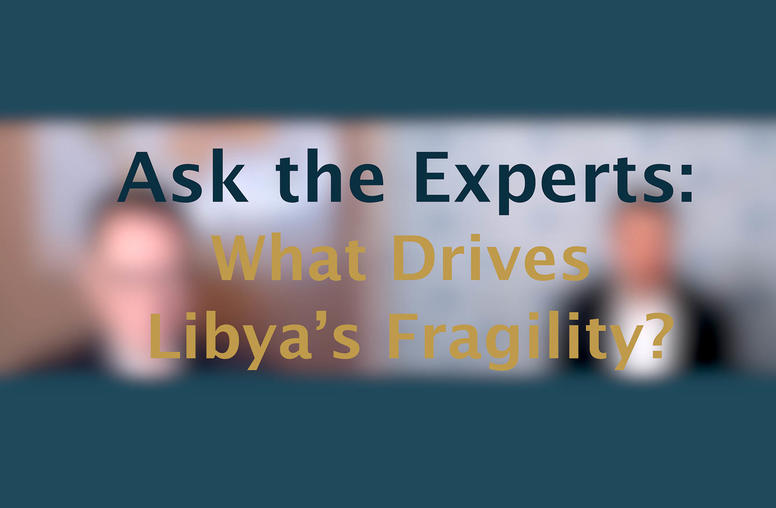
Ask the Experts: What Drives Libya’s Fragility?
Libya has been trapped in cycles of violence and political instability since the 2011 revolution. Competing factions within Libya’s political, business and military elite have spent the last decade alternating between violent conflict and ineffective power-sharing agreements. Meanwhile, foreign powers have interfered in pursuit of their own geopolitical agendas, undermining international mediation efforts by the United Nations and others. USIP’s Andrew Cheatham spoke with two Libya experts to discuss what’s behind the country’s protracted fragility crisis and how Libya can move toward peace and democratic governance.
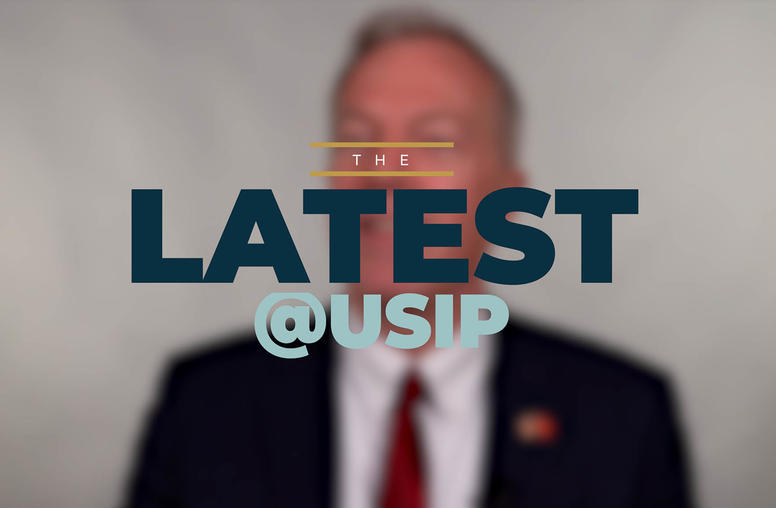
The Latest @ USIP: War Legacies and Peace in Vietnam, Laos and Cambodia
The process of postwar reconciliation between the United States, Vietnam, Laos and Cambodia is one of the most remarkable stories of the 21st century. The legacies of U.S. military involvement in Southeast Asia, once a major obstacle to normal relations, have gradually become the basis for a closer partnership. USIP recently brought together diplomats, advocates and authors to draw lessons from U.S. engagement in Southeast Asia and explore how Vietnamese, Laotians and Cambodians are healing from wartime suffering and building a future based on trust and shared interests.
